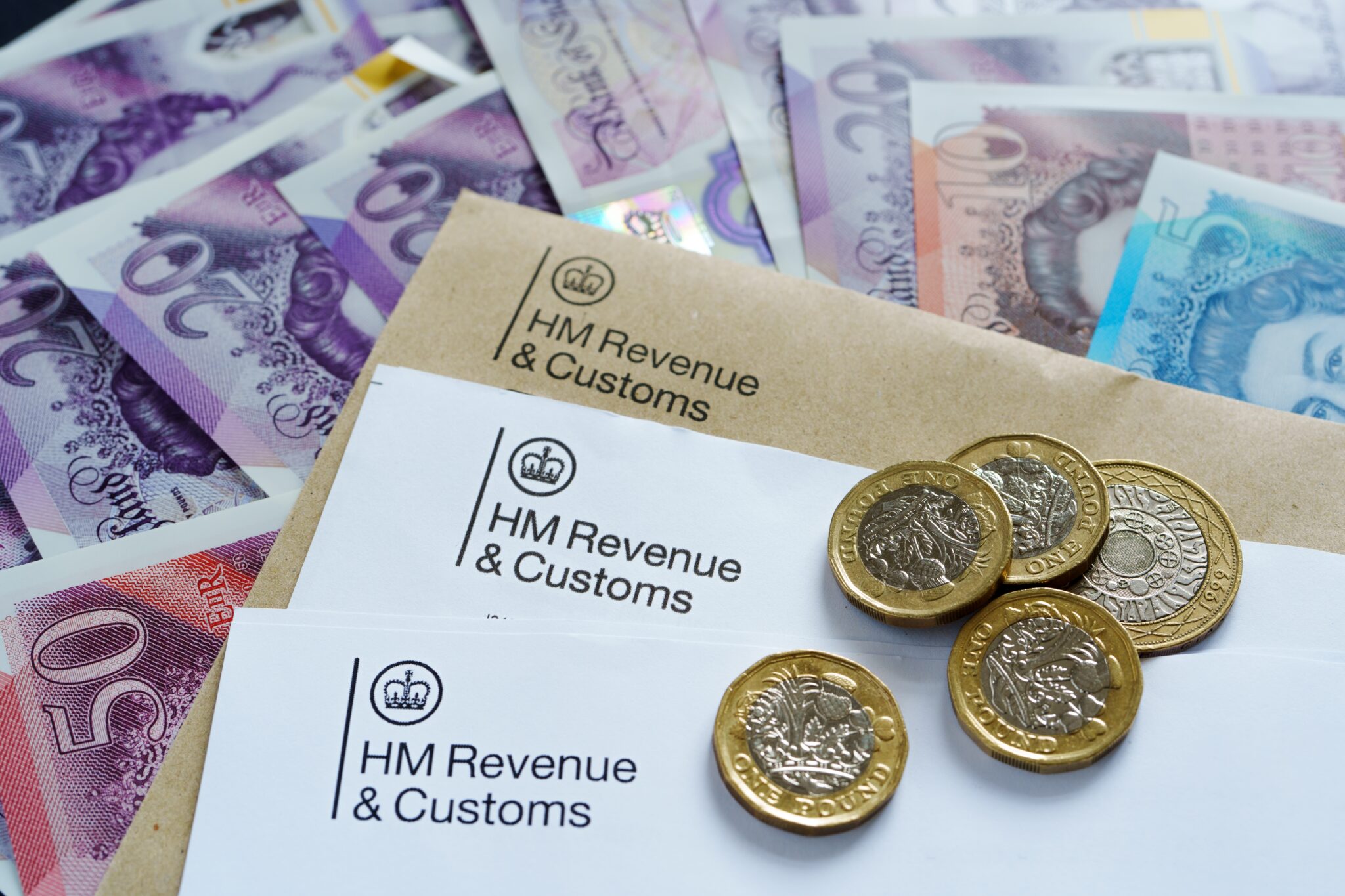What are the different types of tax investigations?
For taxpayers, the prospect of an HMRC tax investigation can be a source of anxiety and uncertainty. HMRC conducts various types of investigations to ensure compliance with tax laws and regulations. Understanding the different types of HMRC tax investigations is essential for individuals and businesses to navigate the process effectively and protect their interests. In this article, we’ll explore the various types of HMRC tax investigations and what taxpayers can expect from each.
Random compliance checks
Any individual or business can be placed under the spotlight for investigation. It is common practice for HMRC to launch random checks into a taxpayer’s return without any specific reason or suspicion of wrongdoing. These investigations are part of HMRC’s efforts to maintain the integrity of the tax system by randomly selecting taxpayers for review. While random, these investigations can be comprehensive and may cover various aspects of a taxpayer’s affairs. These compliance checks will outline the purpose of the investigation, the tax year(s) under investigation, and any relevant information or documents required to help assist HMRC with their enquiries such as financial records, bank statements, invoices and receipts.
Aspect investigations
Aspect investigations focus on specific areas, such as an individual’s or business’s income sources or expenses, which have been identified by HMRC as areas of concern. These concerns may arise from anomalies in a taxpayer’s tax return, information received from a third-party source, or they may have been flagged by HMRC’s risk assessment processes.
Full investigations
HMRC will conduct a full investigation in circumstances where it holds significant concerns or suspicions of acts of non-compliance or fraud. These investigations are deeply comprehensive, often complex, and may involve extensive review, analysis, and interaction between HMRC and the taxpayer. Under such investigations, the individual or business’s income sources, expenses, deductions, tax credits, assets, liabilities, and any other relevant financial transactions are carefully examined to ensure compliance with tax laws and regulations throughout.
How do I know if HMRC is investigating me?
When commencing any type of tax investigation, HMRC is obliged to write to the taxpayer giving notice that they have opened an enquiry into a tax year. The notice will outline what years are under scrutiny and what authority they have for opening the tax year up for questioning. Most enquiries will initially be opened under Section 9A of the Taxes Management Act 1970 which is an informal request for information and documentation and holds no statutory weight. If HMRC do not receive the information that they have asked for in full, they can then further issue a Schedule 36 enquiry, which is a legal request for information and documents.
What form can an HMRC enquiry take?
Section 9A inquiry (S9A)
This refers to investigations conducted under Section 9A of the Taxes Management Act 1970. S9A enquiries are opened when HMRC suspects a loss of tax due to fraudulent conduct.
Schedule 36 Information Notice
HMRC issues Schedule 36 Information Notices to request information, documents, or records from taxpayers or third parties relevant to a tax inquiry or investigation. Failure to comply with a Schedule 36 Notice can result in penalties.
Code of Practice 8 (COP 8) Investigation
A COP 8 Investigation is undertaken in circumstances where HMRC have reason to believe that a taxpayer may have participated in tax avoidance or aggressive tax planning schemes. HMRC will seek to establish whether the tax planning constructed is acceptable and compliant in nature, or if it strays into the territory of tax avoidance.
Civil Investigation of Fraud (Code of Practice 9)
A Code of Practice 9 Investigation (COP 9) is typically opened when HMRC has strong suspicions that serious tax evasion or fraud has been committed. These concerns into a taxpayer’s affairs could have been brought to HMRCs attention through various factors such as intelligence gathered from internal or external sources, anomalies in tax returns, or possibly a tip-off received from a whistleblower. These types of investigations are extremely serious in nature and should be managed as such, with full cooperation and transparency throughout. Failure to comply with a COP 9 investigation may result in significant penalties or even criminal prosecution.
Regulation 80 Determination
Regulation 80 of the Income Tax (Pay As You Earn) Regulations 2003 allows HMRC to issue determinations of tax liabilities in cases where they believe an employer has failed to deduct the correct amount of PAYE tax from employees’ earnings.
Discovery Assessment
A Discovery Assessment is issued by HMRC when they discover previously undisclosed tax liabilities. This may occur when HMRC identifies errors or irregularities in a taxpayer’s tax affairs, allowing them to assess tax going back several years.
I have received an enquiry notice. What are my next steps?
If you receive an enquiry notice from HMRC, it is important that you simply do not just ignore it. Take some time to carefully review the letter you have received and check for any indication of what type of investigation HMRC has opened. Additionally, you should always check whether the notice you have received carries any deadline for a response. When managing a response, it is always recommended that professional advice is sought in all circumstances. This ensures that any investigation is managed thoroughly and that any representations made are done so comprehensively and compliantly.

Let’s get started
Contact page
Contact Us



